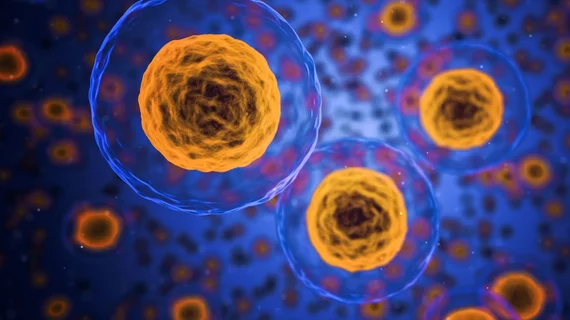Peer-reviewed studies shared identical images, raising concerns over Chinese ‘paper mills’
More than 100 papers authored by Chinese researchers and published in peer-reviewed journals appear to have used the exact same set of pathology images, leading some to wonder if scientific papers are being prematurely forced through the review process during the current pandemic.
Elisabeth Bik, PhD, a California-based microbiologist and image-analysis expert recently found the collection of images, the Wall Street Journal reported Monday. Of the 121 papers attributed to hospitals and medical universities across nearly 50 Chinese cities, she says all shared at least one image. It’s likely most were fast-tracked by the same company, which she refers to as a “paper mill.”
And as the medical community seeks to understand the coronavirus, many scientists are publishing on preprint servers, forgoing the peer-review process, according to the Journal. Last month, the Lancet was forced to retract one study into the efficacy of hydroxychloroquine in COVID-19 patients after researchers questioned the reliability of its data.
“Science builds upon science,” Bik said to WSJ. “It’s sort of this brick wall that builds upon each other. If one of those bricks is not good, that means that the whole wall could collapse.”
Plenty of resources have been invested toward infrastructure that sniffs out fraudulent research, but incentive systems in China push paper mills to focus on quantity over quality, the news outlet reported.
Read the entire story below.

